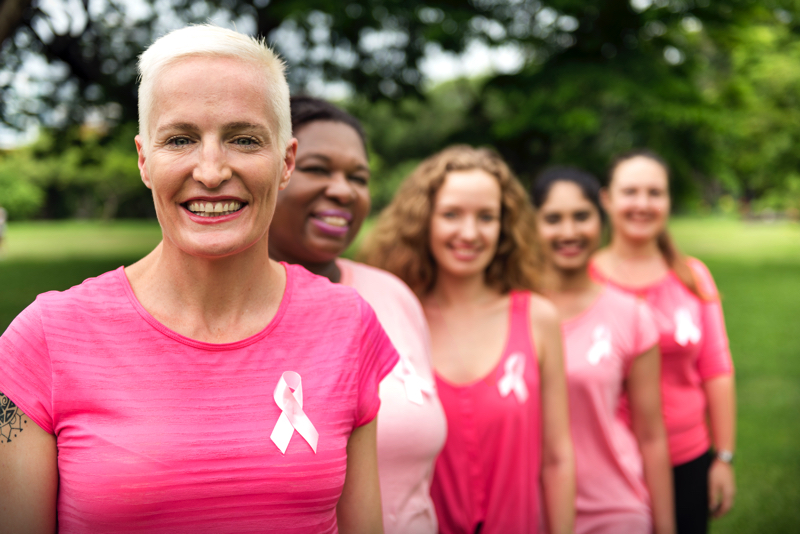
04 Oct The Joy of Giving

Jan Fowler
is author of the best-selling book, “Hot Chocolate for Seniors”(winner of national & international awards); winner of Gold Halo Award from the So. California Motion Picture Council for Outstanding Literary Achievement; winner of First Place Excellence in Journalism Award (SPJ –Southern CA); Town & Gown “Phenomenal Woman” Award; former television host & KSPA radio host of “Senior Living at its Best with Jan Fowler”; speaker, contributing author for “Savvy Women Revving Up for Success”; founder of Starburst Inspirations, Inc. 501(c) (3) nonprofit which supports Redlands Drug Court. www.janfowler.com. Jan welcomes feedback and comments about her columns and invites you to leave her a message on her website.
“The Joy of Giving”
by
Jan Fowler
“It is more blessed to give than to receive.” Acts 20:35
More and more often, we hear how acts of giving can not only improve our quality of life, and how charitable people have better health, stronger immunity, less depression, and increased longevity. Altruism apparently has a hidden magic of its own because scientific research now shows that givers live longer lives. So give a little and gain a lot is what the experts are now advising us to do.
The feel-good effects of giving begin in the brain. It’s called “giver’s glow” response triggered by brain chemistry in the mesolimbic pathway, which recognizes rewarding stimuli. Stephen G. Post, Director of Center for Medical Humanities Compassionate Care & Bioethics at New York’s Stony Brook University.
Most of us would probably agree that whether we’re giving up our seat on a crowded bus, volunteering at a hospital, reaching out to the homeless, donating to our favorite charity, or choosing the perfect Christmas surprise for a grandchild, giving makes us feel better.
Dr. Stephen Post, who spearheaded dozens of studies and who co-authored Why Good Things Happen to Good People with Jill Neimark, tells us that the act of giving to others has been shown to improve the health of people with chronic illness, including HIV and multiple sclerosis. And UCLA psychologist Shelley E. Taylor, noted expert in stress and health, says “the act of giving itself can protect the helper’s health”.
Sometimes giving comes in the form of our making time to listen. Showing support by lending a sympathetic ear to someone with a heavy heart is a deeply caring form of giving. And by the way, whenever we remind people of how special and important they are to us, we are giving love, wouldn’t you agree? Which reminds me of the words of famed psychiatrist Dr. Karl Menninger, a leader in psychiatry for over seventy years. Simply put, he said, “Love cures”.
There seems to be no shortage of research showing a direct link between giving and physical and mental health. Dr. Anthony Young, a Colorado psychiatrist, says, “people who help others tend to feel better about themselves and are less likely to become stressed out about their own personal situation.” And Arizona State University psychologist Robert Cialdini even coined the term, “Helper’s High”, to identify the endorphin which givers in his research studies described and reported. Many of us already know that endorphins are the body’s opium and give us a warm glow, make us feel happy, and help build our resistance to sickness and depression. Other researchers have also found a direct correlation between giving and lower depression & suicide rates among the elderly.
So being generous is not necessarily limited to money. Altruism includes many different acts of kindness. In fact, Finnish scientists tell us that altruists who donate blood to help others may be prolonging their own lives, based on supporting evidence that male blood donors are less likely to have heart attacks than non-donors.
Mother Teresa, often hailed as a missionary of charity, happens to be one of my favorite examples of giving. Through her spirit of generosity, such as the countless times when she administered water and prayerful blessings to comfort the dying on the streets of Calcutta, she found fulfillment when she saw the expressions on the faces of those who were dying – change from fear to serenity. By giving of herself, she both eased their suffering and made dying a little easier for them to bear.
And isn’t it true that baby-sitting grandchildren, reading to students in a local school, or volunteering at an afterschool homework center can help combat an empty-nest syndrome? And that delivering meals to seniors, visiting the elderly in nursing facilities, serving hot meals at the Salvation Army, or going on a medical mission; all help ward off loneliness and depression? Such acts of kindness – add purpose to life and eliminate our tendency to become overly self-absorbed with minor problems. Besides which, charities welcome volunteers!
So there’s a striking body of mounting evidence showing that people who live generous lives, regardless of whether it’s through time, care, or money, not only live longer lives but happier ones because the act of giving increases our positive emotions.
To learn more about the benefits and joys of generosity, you might want to start by visiting www.generousgiving.org. Meanwhile good luck in putting these theories to the test!




Sorry, the comment form is closed at this time.